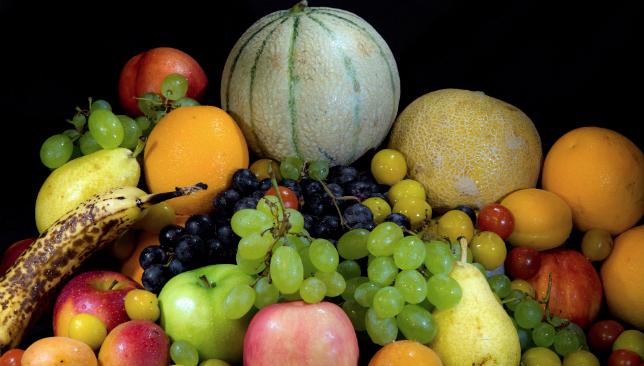
Last week I was talking about the amount of sugar we eat.
Most of us are – or were – blissfully unaware of the amount of hidden sugar there is in everyday food items, contributing to the 240 spoons of sugar the average person eats each week.
How much #sugar are you eating? @JosieMcKenlay provides guidlines to monitoring sweet treats http://t.co/ovsdXdAokf pic.twitter.com/4nfXAkOqcy
— Sport360° (@Sport360) July 17, 2015
The dangers include type 2 diabetes, heart disease, high blood pressure, high triglycerides, gout and weight gain, not to mention tooth decay.
Whilst I was reading up about it, I came across an experiment carried out by an Australian which clearly illustrates how quickly too much sugar can damage your health:-
David Gameau ate foods containing “hidden sugars” for 60 days – foods containing higher than expected levels of sugar, but perceived to be healthy, such as sports drinks, cereal/energy bars, low fat yoghurt, juices, sauces and condiments. He didn’t eat the obvious sugar laden foods such as confectionery, cakes and biscuits. He maintained the same level of activity as he always did. The results were alarming: he gained three kilograms in just 12 days, but far more worrying was that he had developed fatty liver disease after just 18 days. By the end of the experiment he had gained a total of 8.5 kilograms, developed pre type 2 diabetes and heart disease risks, had an extra 10 cms of the dangerous visceral fat around the waist and noticed an enormous impact on mood and cognitive functions. All this in only 60 days.
Studies show that the problem is with fructose, because it metabolizes by turning to fat in the liver. So this begs the question: is fruit bad for you? Fruit obviously contains fructose:-
dates, figs, raisins and prunes being the highest: 32% – 12% sugar per 100 grams
grapes, pears, cherries, apples, blueberries, kiwi fruit and bananas somewhere in the middle: 8% – 3% per 100 grams
the lowest sugar content is in apricots, nectarines, berries, citrus, pineapple and melons: 1% to 3% per 100 grams.

But fruit also contains nutrients that are positively good for your health:-
So DO NOT cut fruit from your diet. If you are worried about the amount of sugar you are eating or your weight, start looking at labels and cut out anything containing sugar, but not fruit.